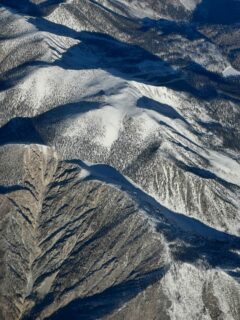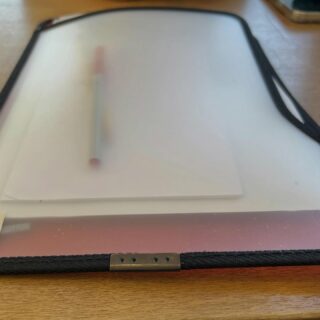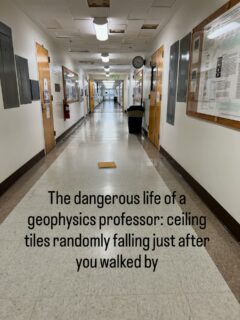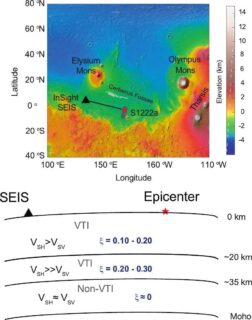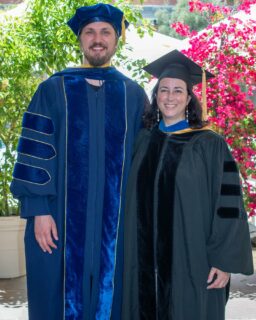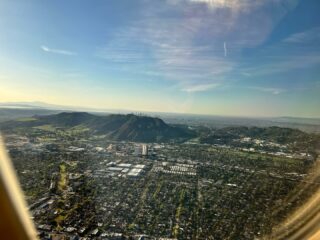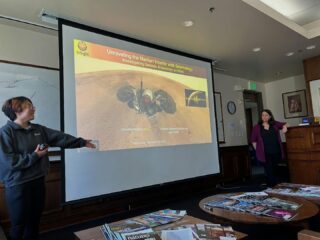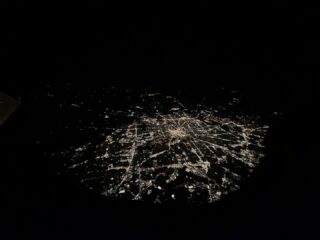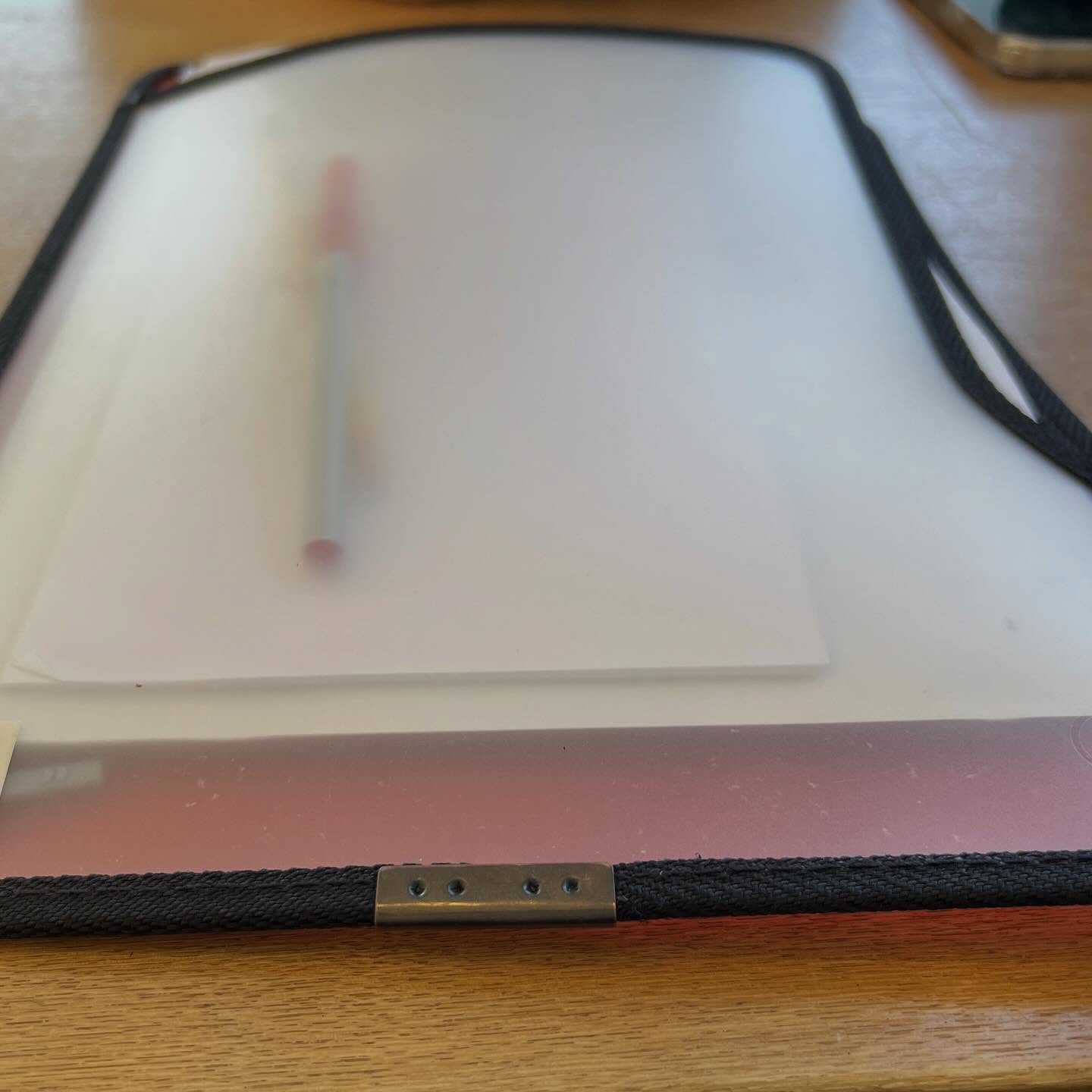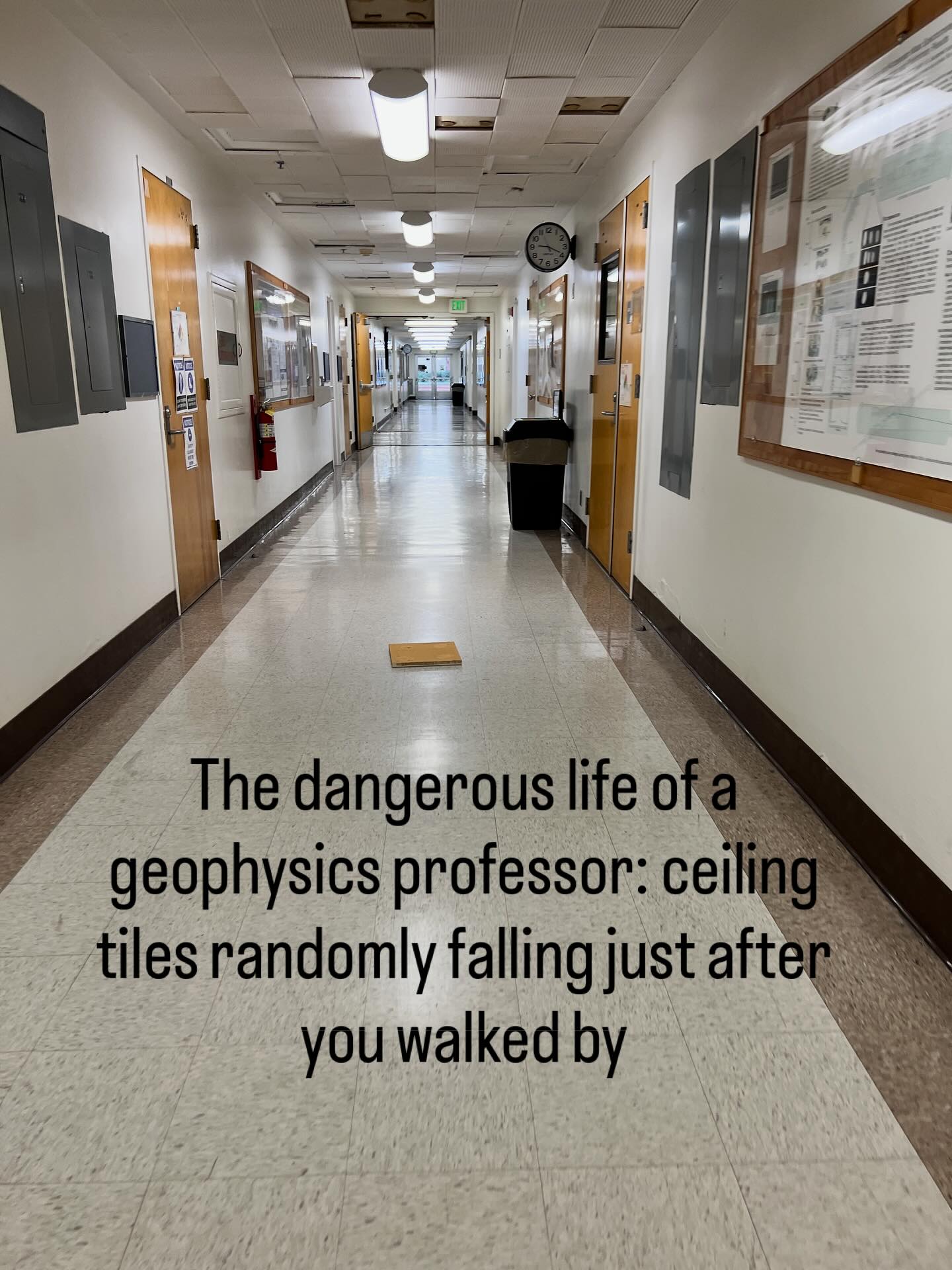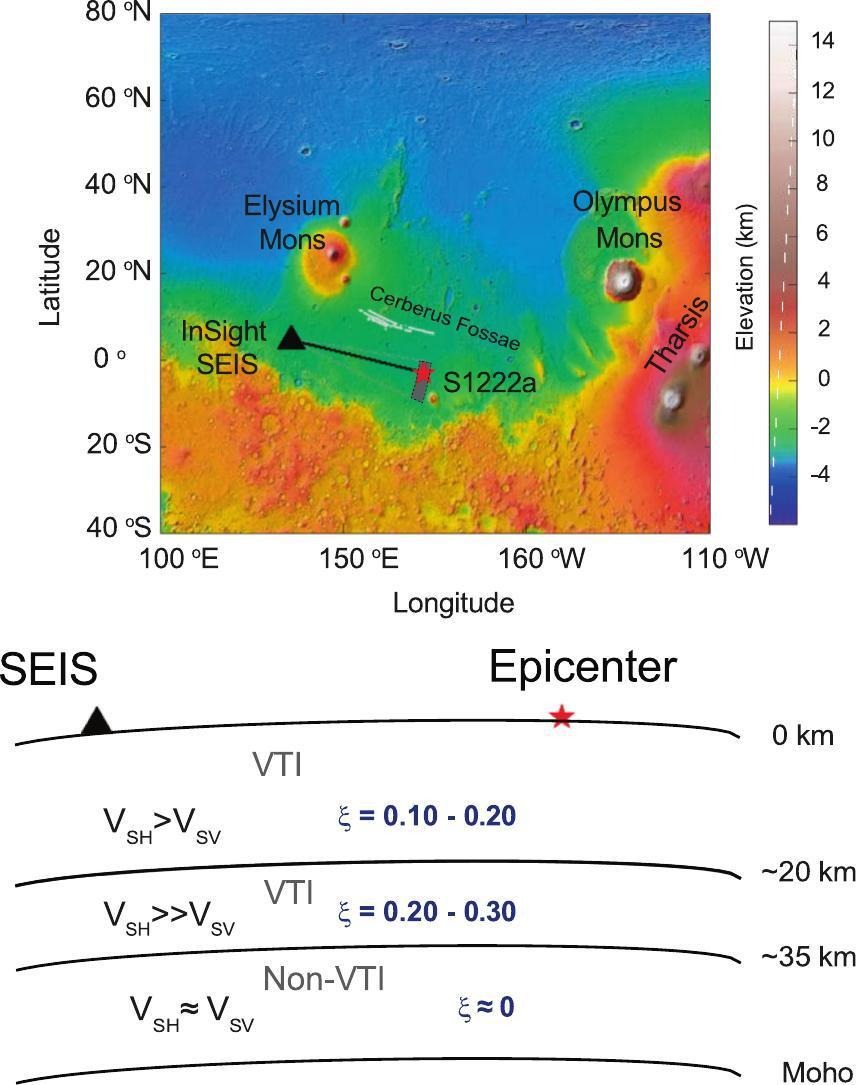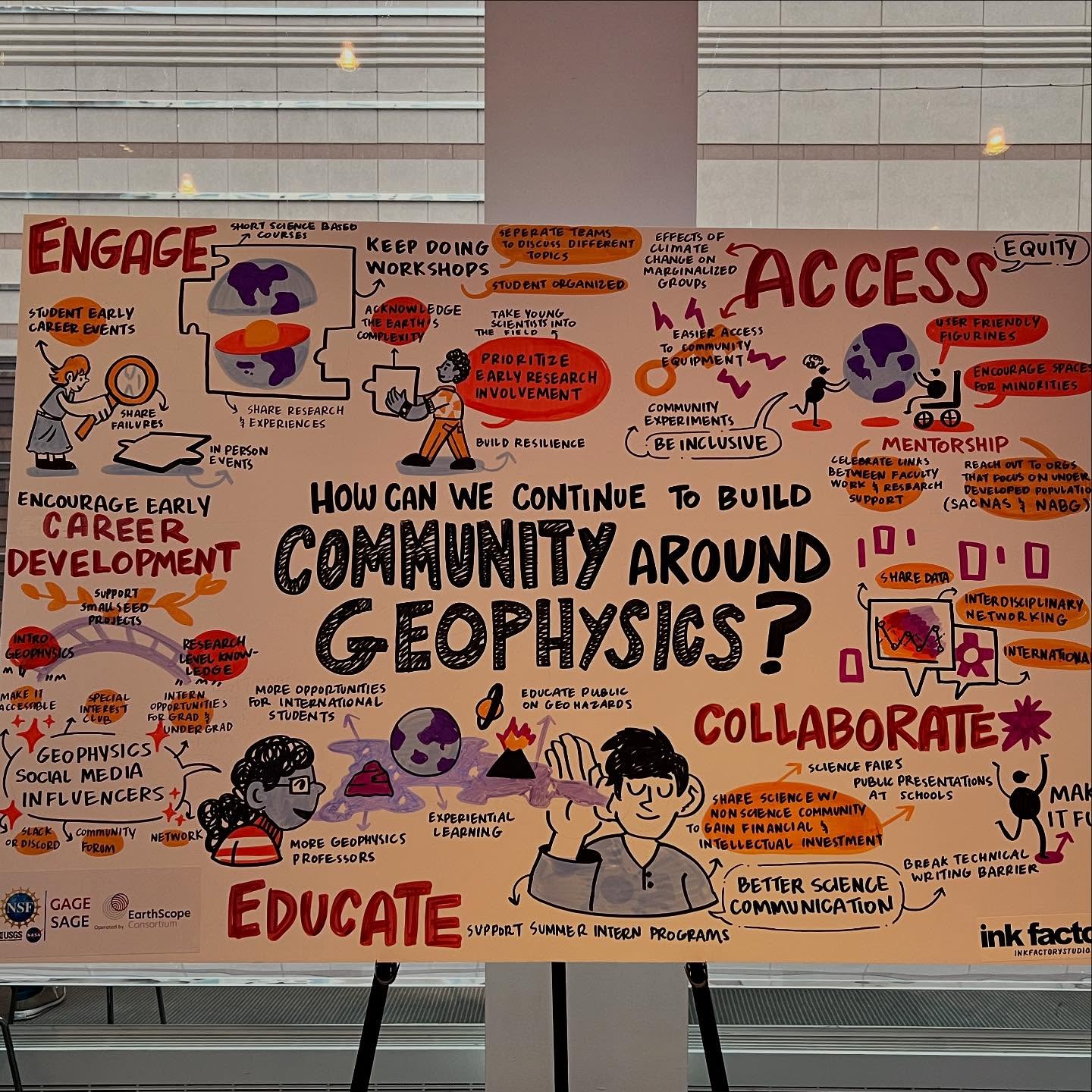Most of the body wave studies published with the first seismological data collected by InSight reflect the crustal structure beneath the landing site. Constraining the crustal structure at other locations is, however, crucial to fully understand the formation and evolution of the crust and to improve global models of crustal thickness based on gravity data (e.g., Wieczorek et al., 2022), which rely on constraints from seismic “anchor points.” The most distant marsquake, S0976a, recorded so far allowed us to obtain the second anchor point, away from the lander (the first one being at the lander site). It was determined that event S0976a occurred close to the western end of Valles Marineris, as described in Horleston et al. (2022) paper that Jiaqi Li and I co-authored.
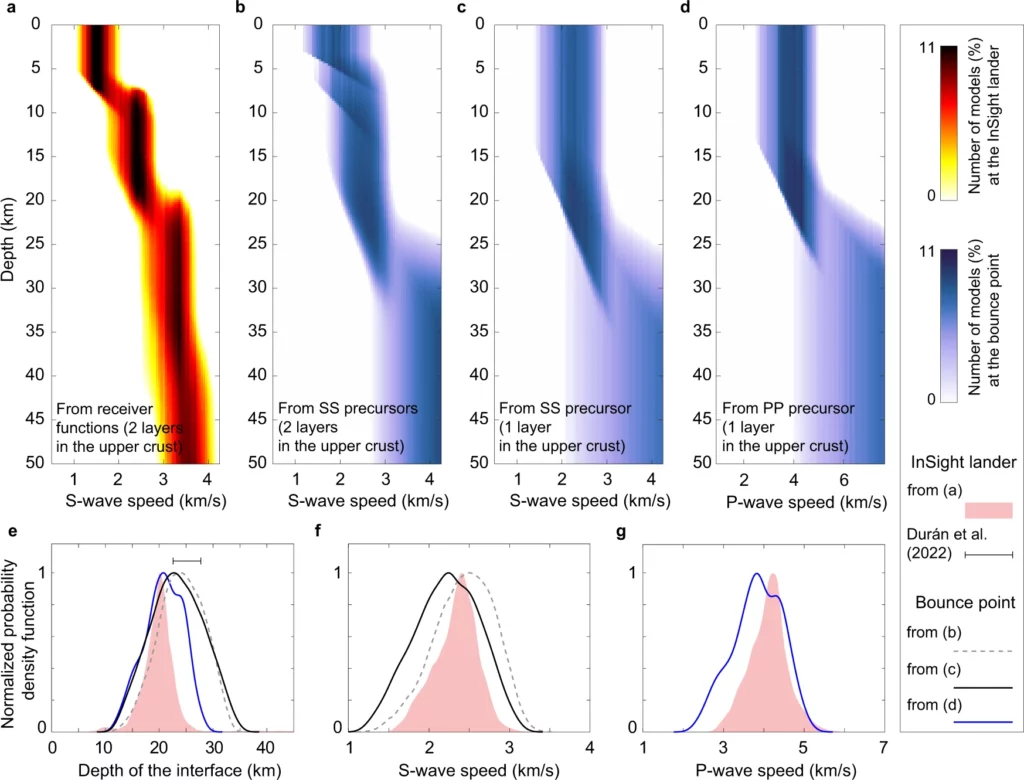
Using the recording of that event, we identified both SS and PP precursors, i.e., underside reflections off the crust-mantle (or intra-crustal) discontinuity between the marsquake and the instrument. We used those data to directly constrain the crustal structure at the mid-point between the lander and the event epicenter, 4000 km away from the landing site. Inversion results show that the Martian crust at the bounce/mid-point is characterized by an interface at 20 ± 5 km depth, like that seen beneath the InSight landing site (Knapmeyer-Endrun et al., 2021). We proposed that the interface at 20 ± 5 km depth is a common discontinuity in the transition from the northern lowlands to the southern highlands. However, a likely distinct feature at the bounce point compared to the lander site is the absence of a shallow layer (at 8 ± 2 km, with low seismic wave speed, Knapmeyer-Endrun et al., 2021), indicating that this layer is either local to the lander, possibly related to the type of geologic unit or that it has been obscured at the bounce point by later processes. This work was published in Nature Communications.
Horleston, A.C. et al. (2022), The Far Side of Mars: Two Distant Marsquakes Detected by InSight, The Seismic Record, 2 (2): 88–99. doi: 10.1785/0320220007.
Li, J., Beghein, C., et al. (2022), Second Seismic Anchor Point of the Martian Crustal Structure Away from the InSight Landing Site, Nature Communication, 13, 1, doi:10.1038/s41467-022-35662-y

